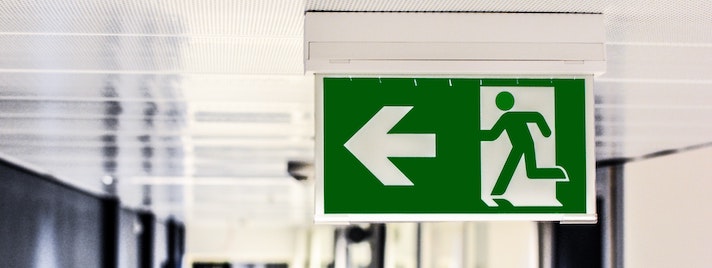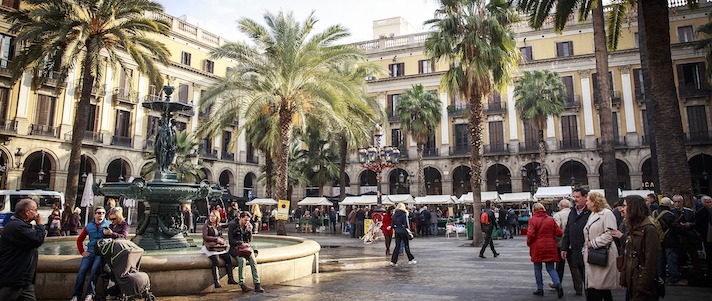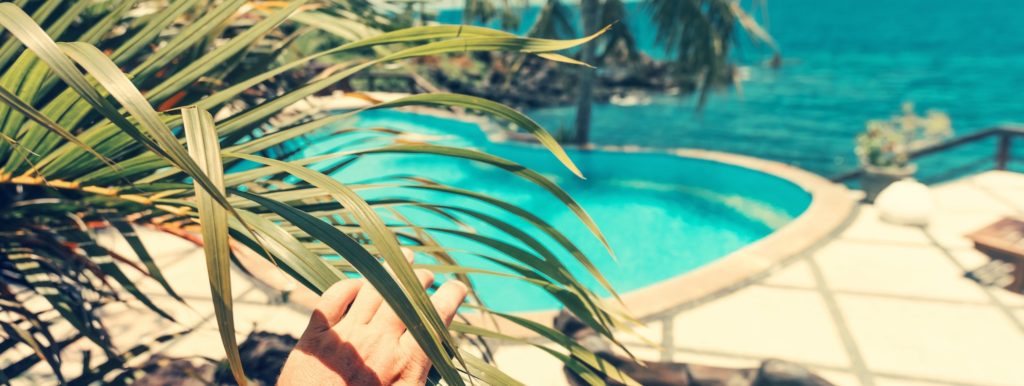Owning an attractive property in a beautiful holiday destination is a dream for many, especially when you can share the beauty with others, make it a perfect place for them to stay and gain a reliable source of income through rental fees.
And it’s never been easier to do so – with the growth of sites like Airbnb and HomeAway, and the rise of the sharing economy, travellers and accommodation owners can display details, confirm bookings and arrange payments simply with a few clicks of a mouse.
With the set-up being so straightforward, owners are often understandably excited to get their vacation retreat listed online with the minimum of fuss. But before you start taking deposits and welcoming guests, it’s a good idea to familiarise yourself with the holiday rental laws and regulations that apply wherever your property is based.
What you should look into
When a private residence becomes a business or service that people are paying for, the rules around its use change in order to protect both the guests and the owners. There are a few key areas that you need to consider when it comes to holiday rental regulations, broadly falling into health and safety, insurance and licensing.
Please note: what follows is simply a quick guide for general information, and you should definitely take time to dig deeper into the topics that apply to you.
Health & Safety
If you’re renting out your holiday property, you need to make sure it is safe, secure, fit for habitation and of sound structure with all necessary measures in place. You may need to carry out a risk assessment and ensure your accommodation’s features and fittings comply with the law.
Gas & Electricity
Gas boilers, cookers and heaters are common in many properties, but if not properly installed and maintained they can become a major hazard to your guests. Gas appliances should be inspected annually by a registered engineer (contact your supplier), and you should supply or display inspection records and the gas safety certificate for your visitors to see. You should also install a carbon monoxide detector in every room where you have a gas appliance, and test this between each change-over, or at least monthly.
All electrical appliances and fixtures like a kettle, washing machine, dishwasher, microwave, fridge, air-conditioning units, television and radio, must be PAT-tested annually and you should get a full Electrical Installation Condition Report by a registered engineer every five years. You should also inspect them yourself at every changeover to make sure they are still in a safe condition. Again, reports and certificates should be displayed where guests can see them.
As a final precaution, leave information sheets for your guests with details of where to switch off gas and electricity supplies, and numbers to call in case of an emergency.
Fire
This is one of the biggest hazards in any holiday property. You need to carry out a fire risk assessment annually – there are companies who will do this for you for a fee, or you can do it yourself – in which you comprehensively review the fire hazards in your property, the people who will stay there, and the measures you need to put in place to keep guests safe. Consider where things could be misused, overloaded, spilled or knocked over.
You will need to install smoke alarms in every room and test them at every change-over, or at least monthly. You may also need to install a fire extinguisher and a fire safety blanket in the kitchen or other areas where they may be a fire risk.
You should also install self-closing internal fire doors, and ensure all lockable external doors can be opened from the inside without a key. All wood-burning appliances should have guards fitted, windows should have locks removed, furniture should be fire-retardant and you should remove candles from the home.
Additional

Make sure you take care of any other hazards. Regulations in certain destinations may require you to put up signs to warn visitors about a wet floor (during cleaning), very hot water, falling hazards and care around electrical sockets near taps, sinks, etc.
Swimming pools and hot tubs also present a set of hazards of their own, and you should check for guides on how to keep your pool safe for guests.
You may also be required to install emergency lighting so guests will be able to find emergency exits in the case of a power cut.
Insurance
If there is other people’s safety at risk, then you need to be insured. A platform like Airbnb will guarantee covering genuine costs up to £600,000 for damages to your property, but they state this is not a substitute for your own insurance, which will need to be beyond your usual domestic cover.
What is the difference between home insurance and holiday rental insurance?
Your usual insurance policy, covering your accommodation for domestic purposes, is unlikely to cover you if you are renting your property. You will need to arrange cover for lost income in the case of fire or flood, public liability in the case of guests suffering injuries to themselves or damage to their belongings, and possibly other things like legal costs, theft by guests and employer’s liability.
The best thing to do is to seek professional advice from an insurance provider where your holiday rental property is based, who will be able to identify the kind of policies you need, and what you should be covered for.
Is holiday rental insurance mandatory?
By law, no. But in practice, specialist insurance is a must. Your home insurance provider may exclude your claim if they find you were renting your property.
Rental Licenses
In order to keep track of property use and regulate the levels of holiday residencies in the community to maintain housing supply, some authorities introduced licenses in certain popular destinations. Many holiday rental platforms now require you to have permits or registration numbers in place before you can list your property, and local governments may impose large fines for non-compliance. Here’s what you need to know.
France

If you rent out your principal residence (defined as a place you live for a minimum of 8 months of the year), it can be rented for less than 120 days annually with no need to declare this to the local government (except in Paris, Bordeaux and Lyon, which have their own specific regulations).
If you rent out a second home for holiday purposes, you need to register it with the local town hall (or ‘mairie’) using a CERFA application form. You will then get a registration number that you must display on all listings.
Spain

Regulation of holiday rental properties is done on a region-by-region basis, so you will need to familiarise yourself with the rules in the region where your property is based. Some areas have far tighter regulations than others – especially Barcelona and the Canary Islands – and some can be quite complex.
You should visit the local town hall (or ‘Ayuntamiento’) to find out what requirements they have in place around holiday properties. Once you have met those requirements, you can then apply for a license. This process can take months, so get started as quickly as possible, and at the end of it you’ll get a license number which must be included in all advertisements, online or off.
Japan

New regulations for holiday rentals came into force in 2018. Although removing room size rules and the need for a property owner to always be on-site, property owners are required to register their accommodation with the land ministry. There are currently no set rules for where or what type of properties can be used as holiday rentals, but local governments can apply their own conditions and restrictions, and apartment block associations may be able to ban holiday rentals in their building.
London

From early 2017, London authorities introduced a 90-day annual limit on short-term rentals, meaning that property owners cannot rent out their accommodation for more than 90 days per calendar year, unless they get permission from the local borough council in the form of a planning permit. Airbnb introduced the same limit, to ensure their hosts were acting within the law in London.
Renting your property out for travellers and holidaymakers to use on a short-term basis is an exciting leap into the world of playing a great host and making people happy, as well as a good business opportunity. Following the rules and guidelines that protect both you and your guests will help make your experience stress-free and satisfying.
Disclaimer: This article is purely for guidance purposes. I-PRAC are not responsible for any missing information, and you are strongly advised to make your own enquiries and seek professional legal advice where necessary.



